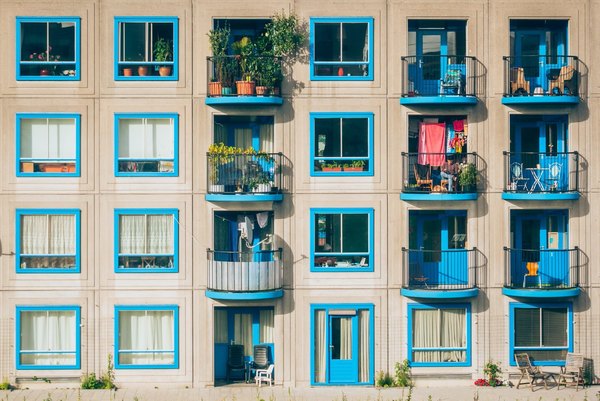Article Not Found
This article is no longer available. There could be several reasons for this, including:
- Outdated information: The article may have contained time-sensitive information that is no longer relevant or accurate
- Internal Review: Articles are regularly re-reviewed; if the quality of an article is deemed to be questionable, it may be temporarily unavailable until it can be properly updated.
Related Content

Free Money for College: Top Tips and Tricks
Are you trying to get money together to start school? Let's go through everything you need to know to get free money for college.

Tennessee Financial Assistance Programs
Are you facing financial difficulty as a resident of Tennessee? You don’t have to struggle alone – see if you could benefit from any of the many Tennessee Financial Assistance Prog

What Is Housing Assistance and How You Can Apply for Section 8
The Department of Housing and Urban Development's assistance program provides financial assistance to low-income families who can't afford decent and safe housing on their own.

The FCC Lifeline Program Brings Affordable Communications to Low-Income Consumers
Having phone and internet access is crucial for everyone. Low-income consumers, however, often have a hard time affording the costs.

What are the Maximum Amounts for Social Security Disability Benefits?
Social Security disability benefits help supplement your income should you become disabled permanently or at least for more than 12 months.

Illinois Financial Assistance Program: TANF
Looking for financial assistance in Illinois? Temporary Assistance for Needy Families (TANF) could help — here’s everything you need to know about the program.